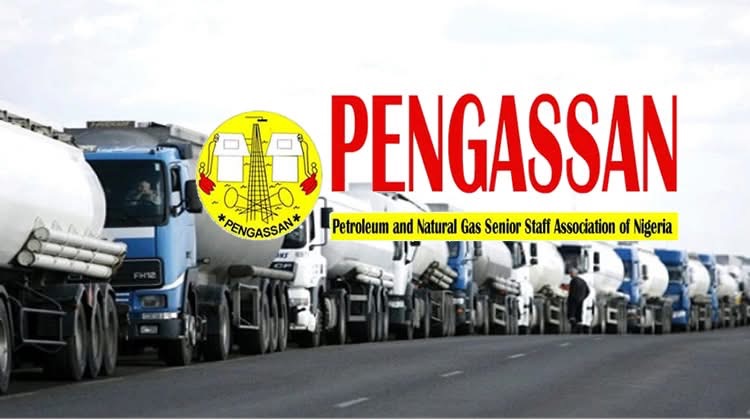PENGASSAN demands transparent pump price system
By Joan Nwagwu The Petroleum and Natural Gas Senior Staff Association of Nigeria (PENGASSAN) has urged the Nigerian Midstream and Downstream Petroleum Regulatory Authority (NMDPRA) to enforce a transparent pump pricing template. President of the union, Mr Festus Osifo, made the call at a World News Conference in Abuja onContinue Reading













